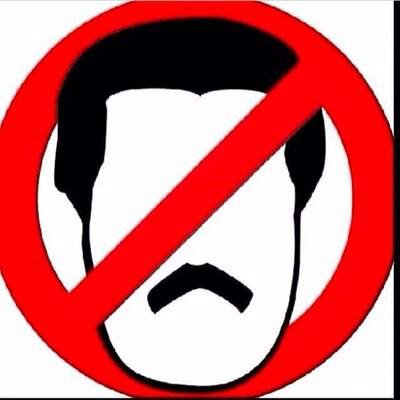
Ahead of the July 28 elections, Venezuela’s opposition, led by María Corina Machado and her proxy candidate Edmundo González Urrutia, is gaining significant momentum against President Nicolás Maduro. Historically unchallenged, Maduro’s grip on power now faces erosion as former supporters shift allegiances. González Urrutia, polling at 50-60 percent compared to Maduro’s 10-30 percent, represents a broad coalition including dissident Chavistas, democratic socialists, and Marxist-Leninists. This shift comes amidst a profound humanitarian crisis and economic collapse that has driven millions to flee the country. Despite repression, censorship, and sham elections under Maduro’s regime, the opposition pushed for fairer elections, gaining partial international support. Civil society-organized opposition primaries saw Machado win overwhelmingly, reflecting increased political activism. However, significant challenges remain, as Maduro’s regime could still manipulate the electoral process by banning candidates, rescheduling elections, or provoking conflict, particularly over the contested Esequibo region. As the elections approach, the opposition’s unified effort under González Urrutia aims at democratic transition, despite potential extreme tactics from the ruling regime. The upcoming election in Venezuela poses significant challenges amid some of the worst conditions in 25 years. The National Electoral Council (CNE), dominated by Chavistas, has barred many opposition parties from the ballot. While the Maduro regime initially invited electoral observation missions from the Carter Center, European Union (EU), and United Nations (U.N.) following a sanctions relief deal with the U.S., the EU has since been disinvited. Opposition leader Maria Corina Machado has promoted grassroots groups called comanditos to mobilize voters and plans to deploy 600,000 volunteer polling station witnesses, with 98% already in place. Despite these efforts, opposition supporters may face harassment and violence from Chavista sympathizers, potentially deterring participation. Media coverage of opposition rallies and government crackdowns has increased, with over 70 opposition-related individuals detained in early July. International pressure on Maduro is mounting, with the U.S. reimposing sanctions on Venezuela’s oil industry and criticism from Colombia and Brazil concerning the electoral conditions. Colombian President Gustavo Petro, serving as a political mediator, has called for guarantees of political rights and safety for election losers, sparking discussions on political guarantees and amnesty post-Maduro. However, such processes are complicated by the regime’s alleged human rights violations, which are under investigation by the International Criminal Court. Despite the hurdles, there remains a sense of optimism and resilience among many Venezuelans seeking an end to Maduro’s regime. Original text by Tony Frangie-Mawad, published in-> ForeignPolicy
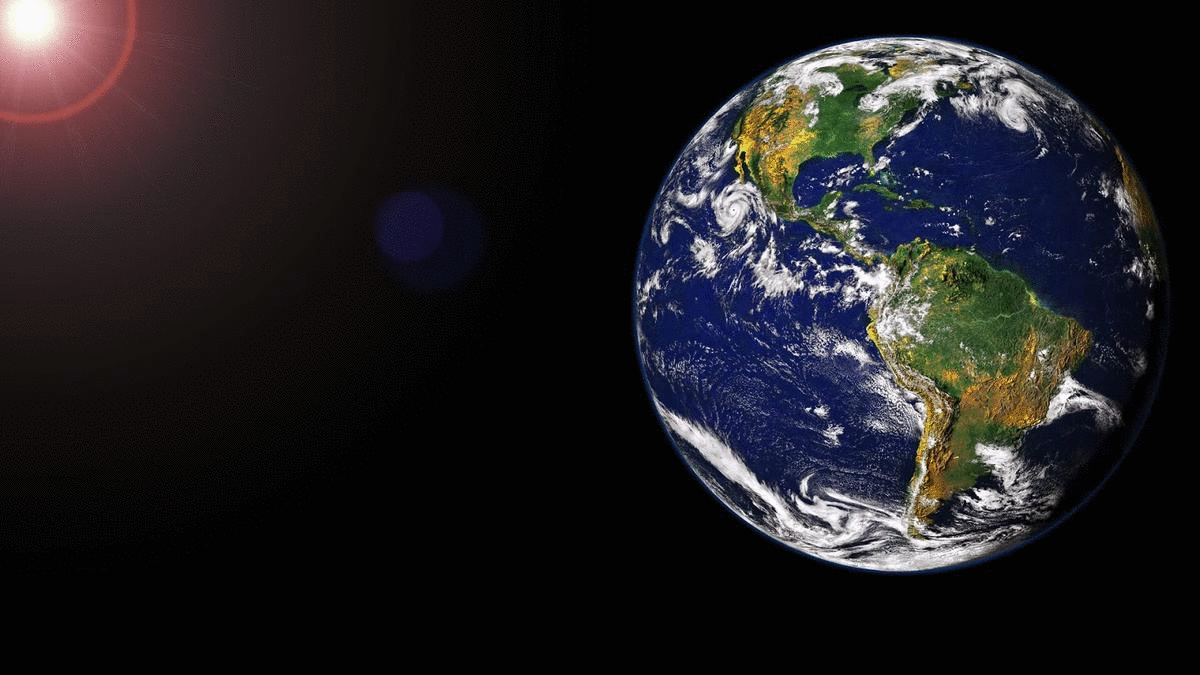
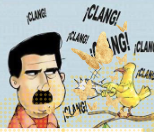
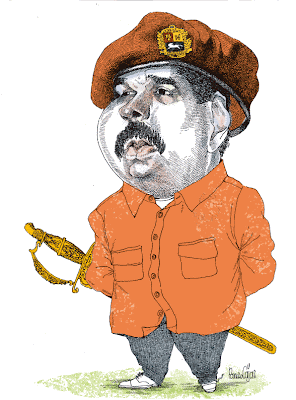
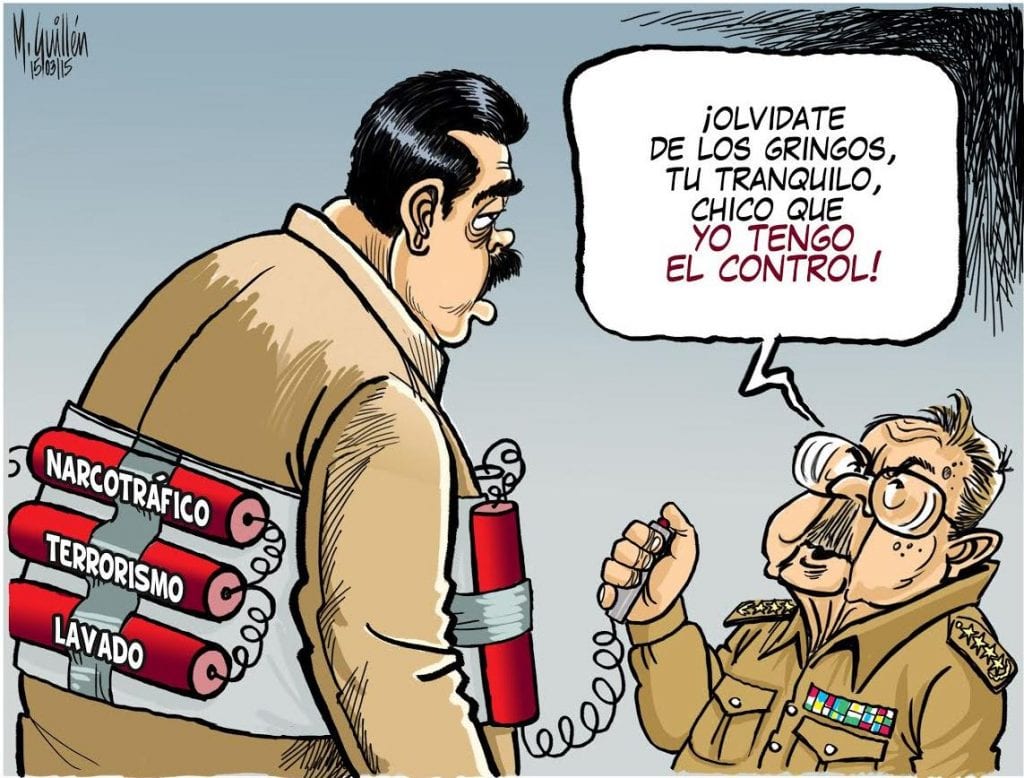
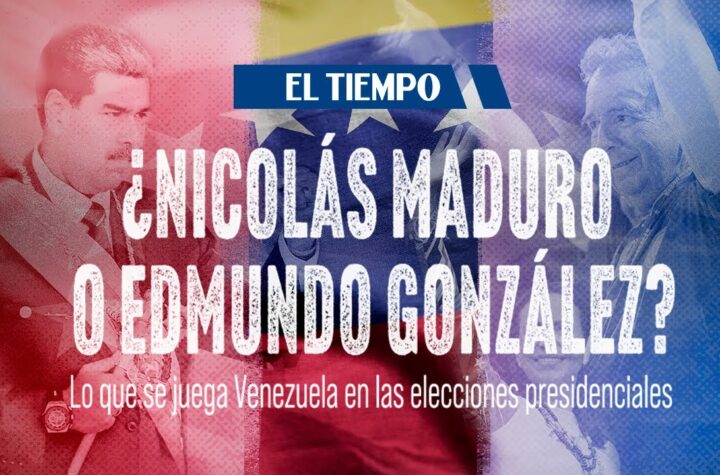
More Stories
Venezuela, elecciones entre pajaritos y mariposas
Maduro seeks to bolster military support ahead of next election
¿Qué hará Cuba el 28 de julio?